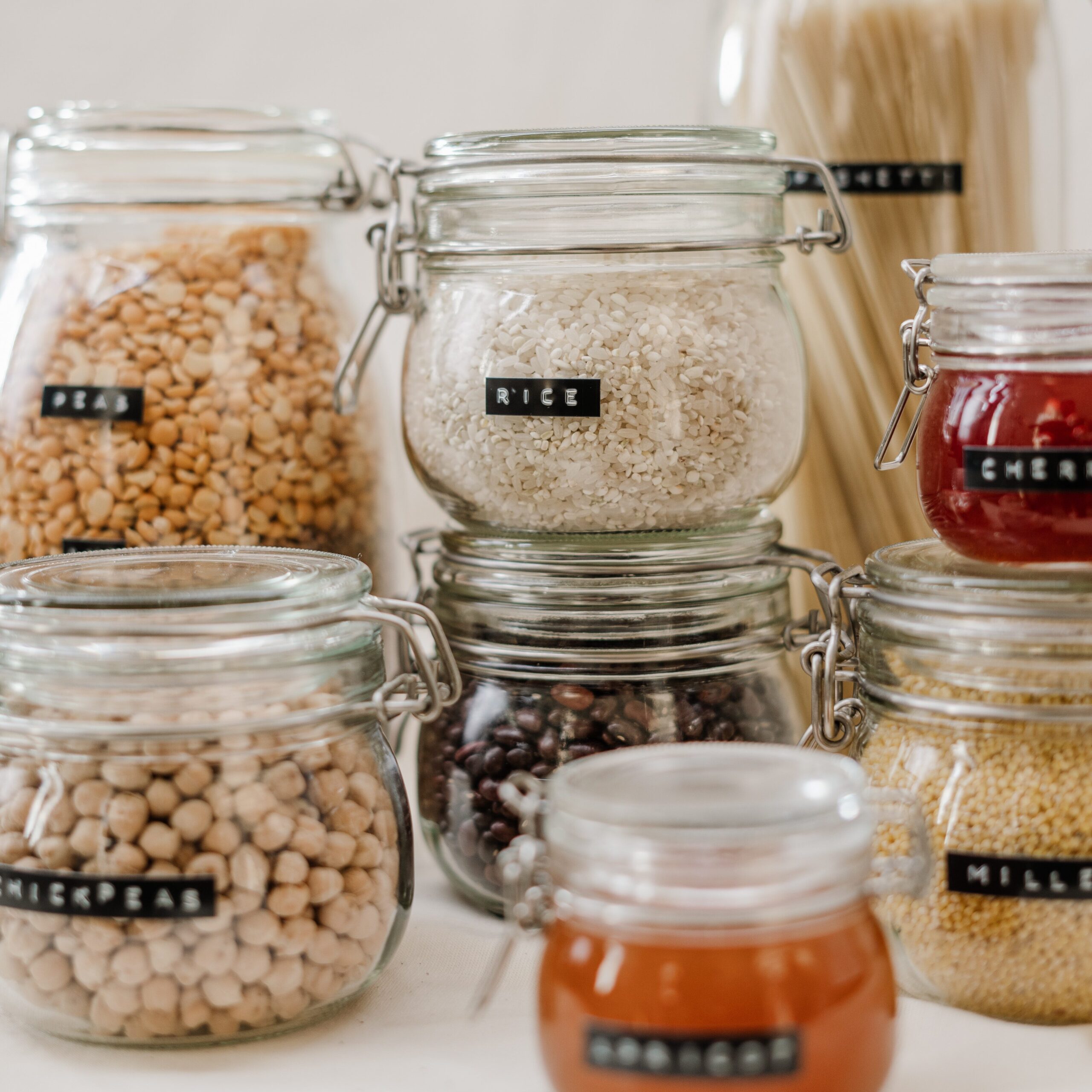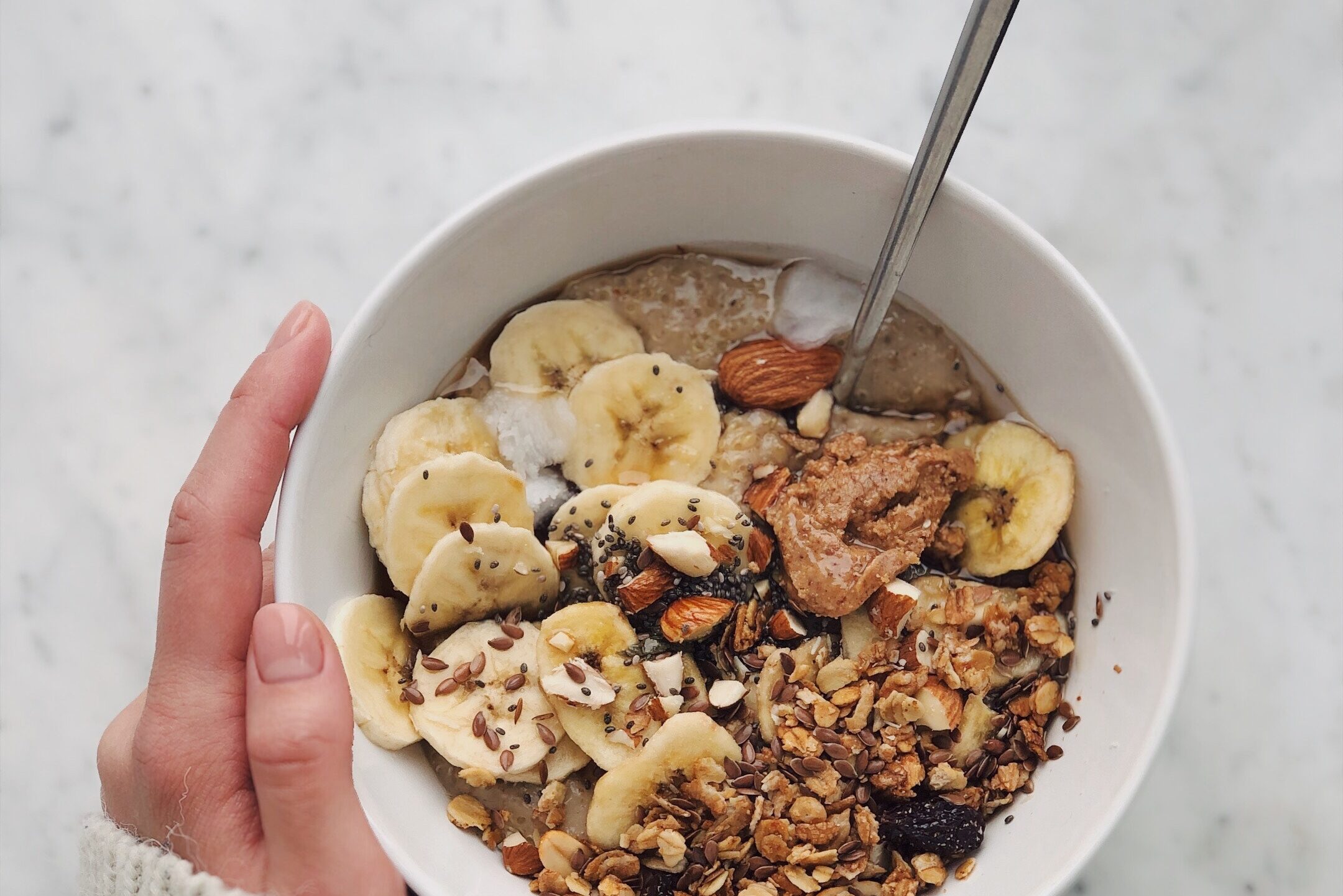What are the most important foods to avoid with IBS?
I wish I could give you a diet right now to reduce or altogether stop your Irritable Bowel Syndrome, but the best I can do is to offer one up in a week.
Table of Contents
ToggleThe problem with a general IBS diet assumes everyone’s symptoms are caused by the same things—but that is the furthest thing from the truth!
Since helping hundreds of clients alleviate their bloating, cramping, reflux, pain, gas, diarrhea, and/or constipation, I can share what we do know…
Sub-Par IBS diet advice: Change your diet
- Food absolutely plays a role in IBS, and making some changes can make a difference.
- Gluten free/dairy free diet: Gluten and/or dairy more commonly than not contribute to IBS in one way or another. Bread, pasta, crackers, cheese, milk, and even yogurt are some of the general foods to avoid with IBS. However, cutting them out altogether is sometimes unnecessary in the long term) may either be over restrictive or not restrictive enough…there are likely other factors as well.
- Low FODMAP Diet: This is only useful if certain carbohydrates are the problem, and often times symptoms return upon the reintroduction phase. Psst! Read this before starting a Low FODMAP diet.
- Low fiber diet: Can be used for those with IBS-D. Bland chicken, well-cooked vegetables, canned fruit, refined grains, but guess what? That is not going to help you nourish your body, prevent disease, and get optimal health. Don’t settle for just getting by—especially if you still have symptoms even when on a bland diet.
- High fiber diet: Might help some people with IBS-C, but sometimes increases gas and bloat. Many healthy diets out there are high in fiber, but if you are one of those people who have more symptoms because of it, something else must be off.
- An effective Anti-Inflammatory Diet for IBS MUST be individualized.
- Foods you can eat with IBS will be highly unique.
- Don’t forget to hydrate well: dehydration & constipation don’t rhyme coincidentally 🙂
BUT…Going forward with these diets will most likely leave you with much to be desired. There is no one diet that can help numerous people with IBS because there are many different causes for the unexplained digestive symptoms.
Don't just avoid all IBS trigger foods
If you continue to attempt a general IBS diet, you might expect this to happen…
You will:
- Not get to the root of your problem (your body is trying to tell you something!)
- Become overwhelmed with conflicting information
- Attempt a strict diet with few improvements in your symptoms
- Over time, become malnourished due to a low variety of foods
If you are the type of person who…
☐ Likes to spend a lot of time and energy researching potential solutions and experimenting with them over the course of a few years…I probably cannot help you much beyond this post.
☑ Would like to tackle your IBS symptoms head-on, then it’s time to get a personalized approach. Something that fits you uniquely… read on!
Best IBS diet advice: Use a personalized approach
Don't let your IBS negatively affect your life! Whether its your work or social life that is suffering, there is a way through this.
Foods to avoid with IBS
- THERE IS NO “ONE SIZE FITS ALL” IBS DIET. With so many factors to account for, it would be crazy for someone to claim one diet will help all, or even most cases of IBS. Although these 6 quick tips can help.
- Your IBS could be triggered by so-called “healthy” foods. These might be some of your foods to avoid with IBS: salmon, chicken, peaches, or rosemary which can provoke symptoms in certain sensitive people.
- IBS and other gastrointestinal symptoms are often directly related to specific immune reactions to the foods we eat. By using food alone, we have the potential to conquer not only your unpredictable bathroom visits, but also your lack of energy and brain fog in as quick as 2 weeks.
- Together the we will create what I like to call an “inclusion diet” because it is all about including the foods your body does NOT react to. We also create diet plans to prevent further food sensitivities from developing.
- Personalization must apply to supplements as well. If you have a graveyard of supplements you had put your hopes on, you’ve come to the right place.

Author: Marina Bedrossian, RDN, CDN, CLT, FMNS, CECP, CBCP
Marina is a Registered Dietitian Nutritionist with a strong background in holistic care. She believes in encouraging the body to heal naturally, using hyper-personalized nutrition and emotional release.
Marina helps IBSers feel significantly better in just 7-10 days. Visit IBSdietitians.com to start pooping normally again.



